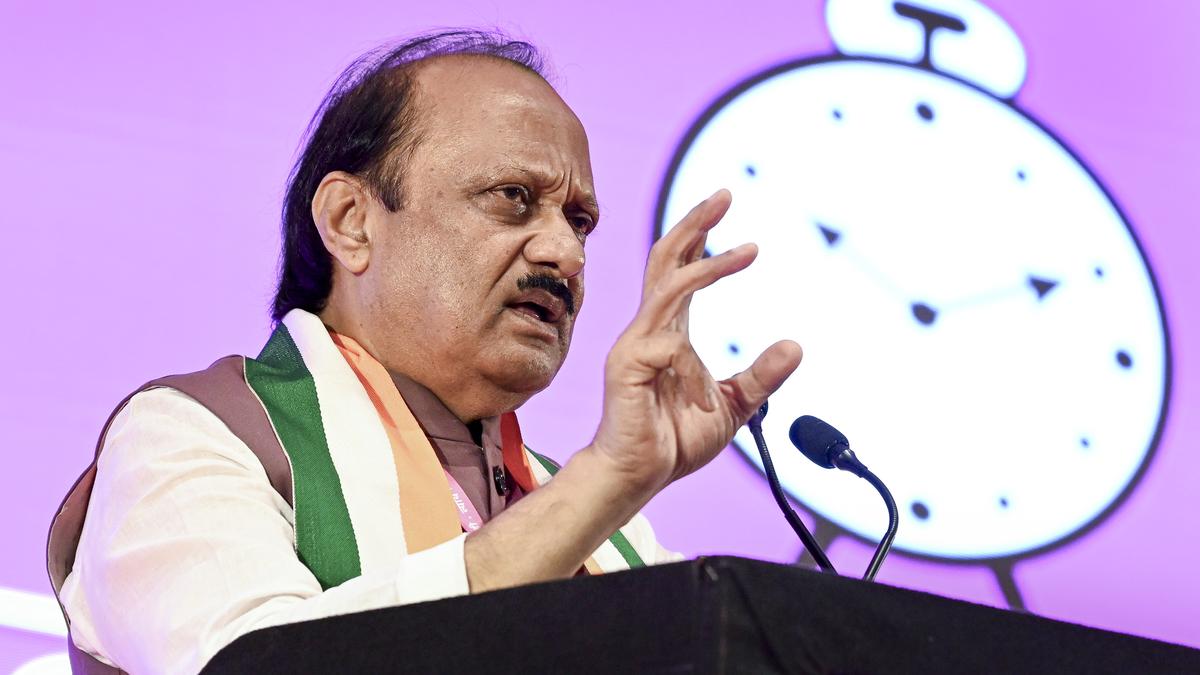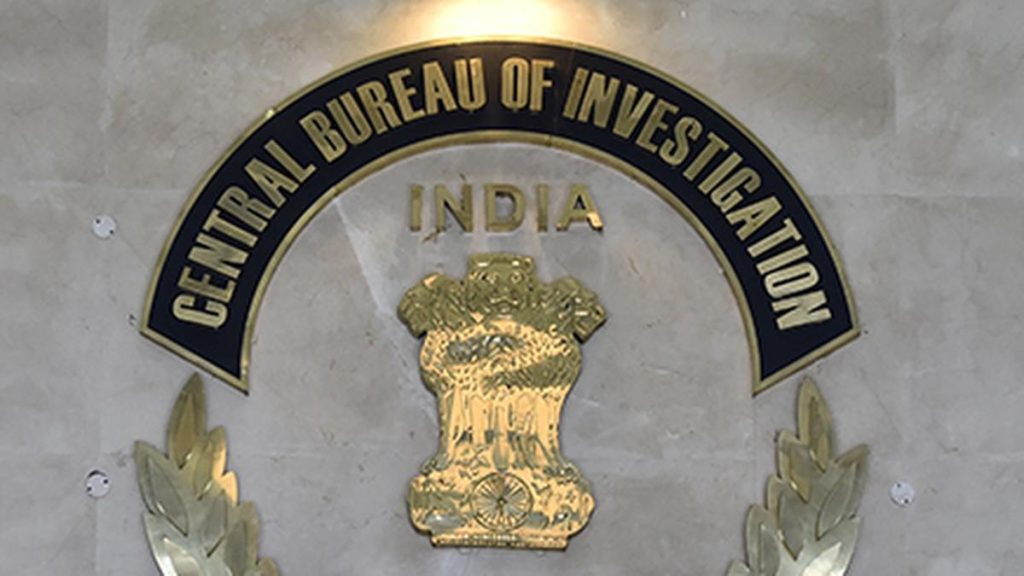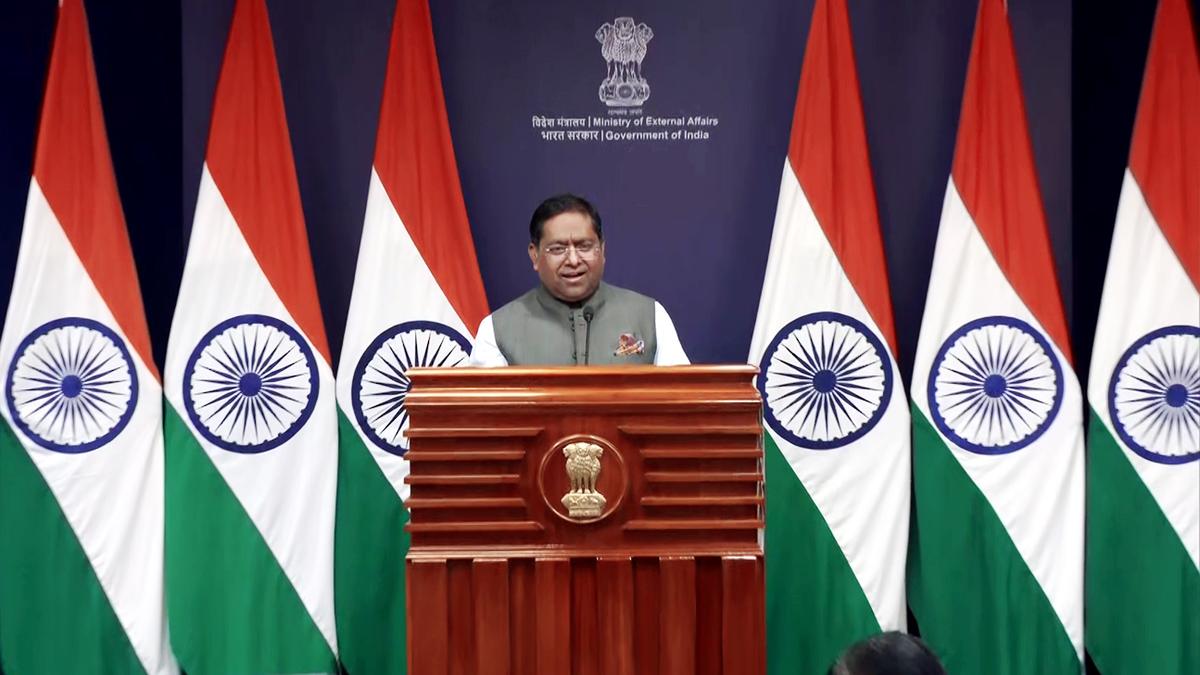Now Reading: Ajit Pawar Dismisses Concerns About Bihar SIR as Fake Narrative
-
01
Ajit Pawar Dismisses Concerns About Bihar SIR as Fake Narrative
Ajit Pawar Dismisses Concerns About Bihar SIR as Fake Narrative

Quick Summary
- Ajit Pawar, maharashtra Deputy Chief Minister and NCP president, dismissed concerns over the special intensive revision (SIR) of electoral rolls in Bihar as a “fake narrative.”
- He suggested that Congress leader Rahul Gandhi address his “vote theft” allegations with the Election Commission or move the Supreme Court if unsatisfied.
- Pawar accused opposition parties of spreading doubts among people regarding issues like voter additions in certain constituencies.
- discussing maratha reservation tensions, he stated that no community would face injustice and clarified the basis for Kunbi certification under government orders citing hyderabad Gazetteer records.
- Internal differences emerged within NCP as Maharashtra Minister Chhagan bhujbal legally opposed government orders on Maratha reservations, fearing adverse effects on OBC quotas. Pawar called Bhujbal’s stance a personal opinion while affirming democratic rights to contest policies in court.
- Addressing criticisms of the maharashtra Special Public Security Bill, Pawar questioned why Congress leaders didn’t oppose it during its legislative passage but later raised objections after directives from their central leadership.
Indian Opinion Analysis
The statements by Ajit Pawar underline complex political dynamics in Maharashtra involving inter-community disputes over reservation policies and their potential ripple effects across caste-based interests. His emphasis on procedural fairness reflects an attempt to balance competing demands from Maratha and OBC communities but highlights internal party disagreements, particularly with Chhagan Bhujbal’s legal challenge. These tensions could influence broader political coalitions within Maharashtra.
On criticism related to voter roll revisions and security laws like the Special public Security Bill, Pawar’s dismissive tone toward opposition voices reflects deepening polarization between ruling statesmen and national parties such as Congress. Legislative concurrence followed by retrospective dissent on contentious bills may erode public trust in democratic accountability processes. However, this presents opportunities for increased dialog among stakeholders through institutional frameworks like courts or assembly debates.
For more details: Read Here
























